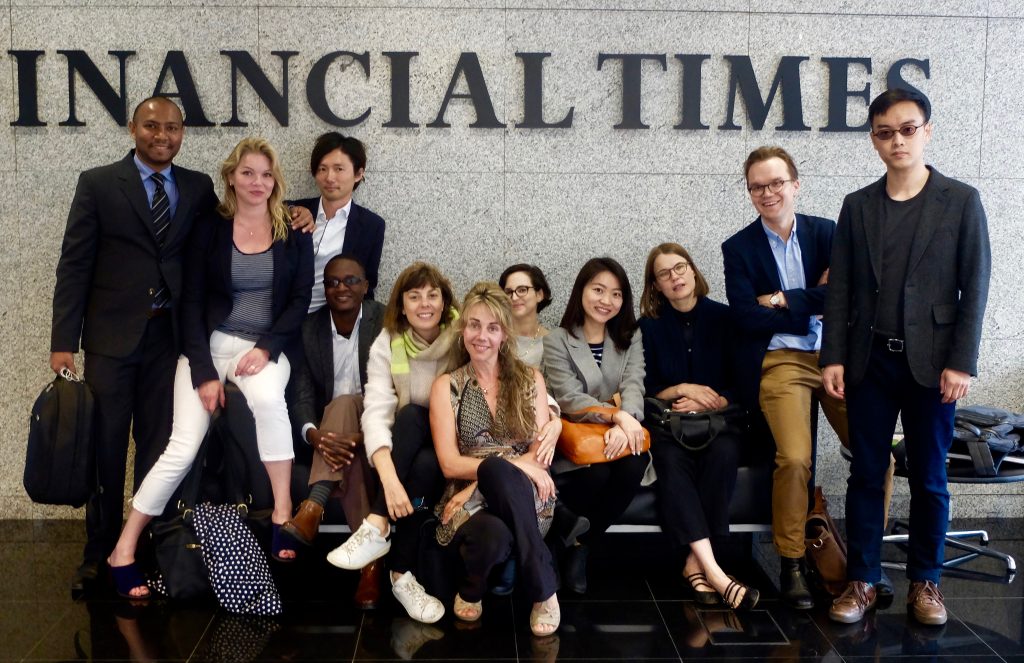
Fritt Ords store journaliststipend innebærer et halvt år som “Research Fellow” ved Reuters Institute, University of Oxford. Mitt prosjekt var å forske på skatteparadiser: Hvordan de kan brukes til å skjule og hvitvaske penger fra korrupsjon og grov kriminalitet. Under kan du se hva Reuters Institute skriver og lese hele rapporten.

According to freelance Norwegian journalist and novelist, Sidsel Dalen, tax havens make up a legal, but questionable, system that works against the intentions of international tax policies, and undermine an important feature of democracy: equality before the law.
In her research paper, Tax havens: Secrecy jurisdictions and journalistic investigations: How to make it part of the global discussion?, Sidsel examines in detail three cases which, due to whistle blowers and journalistic cooperation across borders, have given insights into offshore finance: Lux Leaks, Swiss Leaks and the Panama Papers.
Based on interviews with experts, a whistleblower, and journalists, Sidsel gives a detailed picture of the secrecy surrounding tax havens, and the obstacles to finding out more about what she calls a ‘global financial system that facilitates fraud, corruption, money laundering and illegal trade’.
She concludes that ‘even though some governments have suppressed information in their home countries, it has not been possible for any of them to stop articles coming out in other places. It has alerted the general public to a dangerous development that privileges a few, and leaves a lot of people behind. It counters democracy, and two of its main features: transparency and equality before the law.’
She also argues on the basis of her three case studies, and on the success of collaborative journalistic efforts, that in order to cover global crime, it is clear that journalists too must become a global force.
